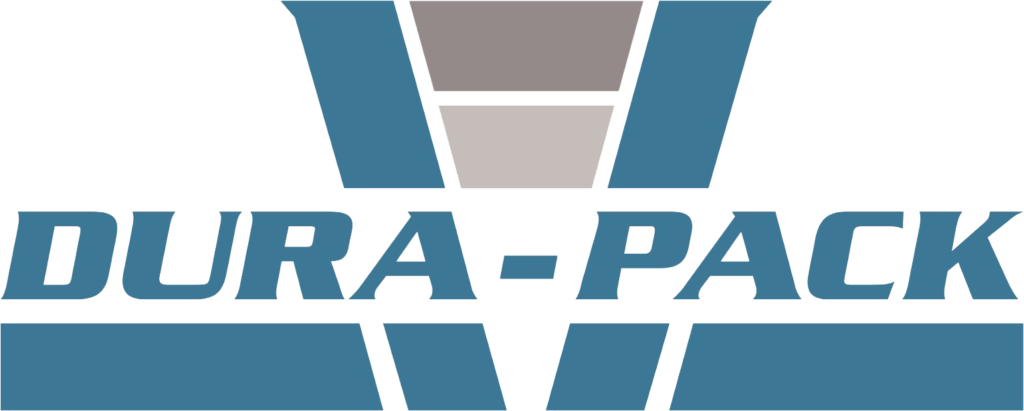Do I Need FDA Approval to Sell Coffee? What Coffee Sellers Should Know
Many new coffee sellers ask the same question: “Do I need FDA approval to sell roasted coffee?” The short answer is no—coffee does not require pre-approval from the FDA.
However, that doesn’t mean you can skip all rules. While you don’t need formal approval, you may still need to register your business with the FDA and meet other food safety requirements.
This guide explains when FDA rules apply and how to get started the right way.
When Is FDA Approval Required?
The FDA does not approve individual coffee products. You don’t need a permit to roast beans or sell them online or at a market.
✅ **You do NOT need FDA approval if you:**
- Roast plain coffee beans at home or in a small shop
- Sell roasted beans online, at farmers’ markets, or to local stores
- Package and label the coffee yourself
However, you may need to register your facility with the FDA, depending on how your business operates. If you’re adding flavor, supplements, or extra caffeine, additional rules may apply.
To understand these better, see our guide on FDA labeling requirements for coffee.
When You Need to Register with the FDA
If you handle or process coffee for commercial sale, you must register your facility with the FDA—even if it’s a small kitchen or home-based setup.
✅ **FDA facility registration is required if:**
- You roast beans for sale to others
- You grind, package, or label coffee under your brand
- You sell across state lines or online
Registration is free and must be renewed every two years. It shows you’re part of the official food supply chain.
Learn more about these rules in our post on FDA regulations for coffee.
State and Local Licenses for Small Coffee Sellers
In addition to FDA oversight, state and local health departments may have their own rules. These vary by location, so check with your city or county.
✅ You may need:
- A cottage food license (for home-based sellers)
- A food handler’s permit
- A sales tax certificate or business license
Farmers’ markets and online sales often require proof of local inspection or approval. Even if the FDA doesn’t inspect you, your state health department might.
Packaging Rules for Small Coffee Businesses
Even at a small scale, your coffee packaging must include basic label information:
- Product identity (e.g., “Whole Bean Coffee”)
- Net weight (in oz and grams)
- Your name and address
- Ingredients (if flavored or blended)
- Allergen info (if needed)
You don’t need a Nutrition Facts panel for plain coffee. But your packaging must still follow food labeling laws.
Why Compliant Packaging Makes Selling Easier
Starting small doesn’t mean skipping quality. Using food-safe, pre-printed bags makes your setup more professional and less risky.
Look for resealable pouches, FDA-approved liners, and heat-sealable options. These make it easier to sell in stores or ship products online.
Our coffee processing and packaging machines are perfect for small-batch businesses. They support clean, consistent packaging that meets food safety standards.
Start Smart with Ready-to-Use Bags and Equipment
You don’t need FDA approval to sell coffee—but you do need the right setup. From registration to packaging, it’s important to follow the rules that apply to your size and sales channel.
We offer food-safe bags and small-batch equipment to help you start right and scale fast. Whether you’re selling at a farmers’ market or shipping nationwide, we have tools that make your process easier—and compliant.
